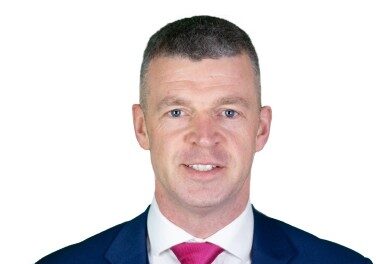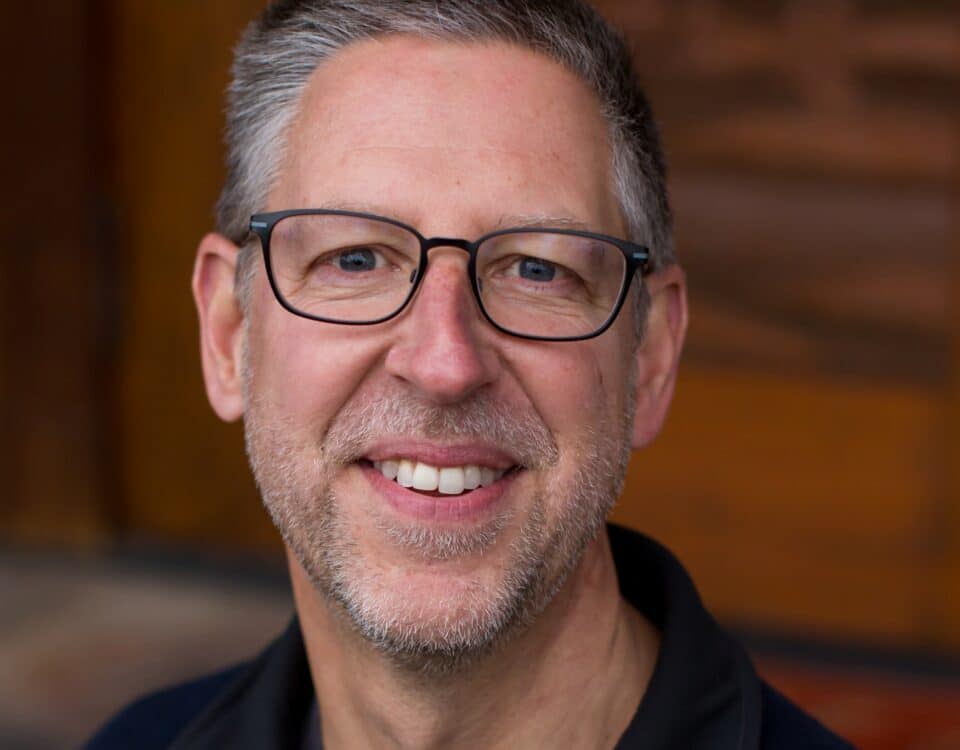Peet’s Coffee parent company sold for $18 billion to Keurig Dr. Pepper
August 26, 2025
Chief Executive: The simple ratio that can save your margins
September 25, 2025By Verne Harnish
Peter Harrison has 10X’d revenue at FGH Security, based in Lancaster, England, in the past seven years. Harrison, as managing director, opened the company’s first office in 2003, at age 20, with the goal of raising the standards for door supervision at Lancaster University, where he was studying. The company grew organically to $4 million in revenue, with about 200 employees, in its first 15 years. Today, the profitable firm generates approximately $54 million in revenue, employing around 2,500 staff members.
He pulled it off by applying the Scaling Up platform with his Scaling Up Certified Coach, Neale Lewis. A key part of their work together has been on the FGH Flywheel. Centered around six core components—Quality People, Quality Places, Exceptional Processes, Fortress Financials, Trust Score, and Customer Acquisition—the flywheel has powered the company’s momentum and helped it to build sustainable competitive advantages.
“Each rotation of the Flywheel compounds the company’s efforts, creating a self-reinforcing cycle that enhances operational excellence, drives customer loyalty, and fuels strategic expansion,” says Lewis. “It’s not just a framework—it’s the force behind FGH’s evolution into one of the UK’s leading independent security providers.”
Building an unbeatable team
After bringing his leadership team to a Scaling Up workshop in London in 2018, Harrison reached out to the Scaling Up organization to find a coach and engaged Lewis.
Working with Lewis on a One-Page Strategic Plan, the company refined its mission statement to a simple one: keeping people safe. It also established three Brand Promises: the friendliest people, the best-trained team, and a scientific approach.
Prioritizing empathy
As FGH scaled, one key priority was hiring more people. The company integrated its mission and Brand Promises into its recruitment and interviewing processes. “When people say security, they don’t think ‘friendly,’ but we’re looking for people with high degrees of empathy for other people,” says Harrison.
Outlearning the competition
Once the company hires team members, it offers extensive training in areas such as conflict management, crowd science, risk assessments and physical intervention. “The scientific approach is something you don’t expect in security,” says Harrison. “This is really looking for more innovative ways of working and combining technology with people, which, in turn, creates a more robust solution for our customers.”
Building an award-winning culture
Efforts like this have contributed to a culture that has won extensive recognition. The company has been named in the Sunday Times UK’s “Best Places to Work Top 100” and Glassdoor’s “Top 50 Places to Work in the UK,” among other awards, including the E2E Top 100 Fastest Growing Employers.
Winning blue-chip customers
As FGH worked with Lewis, the company focused on a strategy centered on attracting blue-chip customers and providing the customer service they required. “We realized if we want to grow, we need to take on bigger customers,” says Harrison.
To measure its progress, FGH initially tracked the number of customers who spent at least £ 250,000 ($337,470) annually. Gradually, it raised the bar to customers spending £ 1 million or more per year ($1.35 million). “We wanted fewer customers spending more,” says Harrison. “We wanted to deal with recognized brands and blue-chip customers.”
Tapping the power of word-of-mouth advertising
FGH doesn’t run paid advertisements; instead, it has built a roster through word of mouth. Clients have included Adidas, the BBC, JD Sports, Mars, Liverpool Football Club, Tesla and Wembley Stadium. Often, they reach out to FGH after seeing its team work with other big brands, allowing the company to enjoy what Harrison calls the “brand halo effect.”
While competitors slowed down during the Covid pandemic and accepted government subsidies, FGH continued to operate at full tilt, winning more of these ideal customers. “Covid was probably one of the busier times for us in terms of scaling,” says Harrison.
Building healthy cash flow
Working with blue-chip customers brings another benefit: they pay their bills. With payment terms at large companies often being slow, FGH’s team has built personal relationships with the accounts payable personnel at each firm, planning regular video conferences with them and sending them holiday cards.
“You want to be on first-name terms and be at the top of someone’s list, or have the ability to say, ‘I know it’s normally 30 days, but just this month, could you pay me after 14 days?’” says Harrison.
Another core client base, music festivals, tends to pay up front, smoothing out cash flow. “They’ve got a cash-positive business model, where they sell tickets to customers attending a concert the year before,” he says. “They’re often sitting on big cash piles.”
With the systems in place to scale, Harrison aims to keep growing the company, which has achieved above-average profitability for its industry.
“We could be more profitable, but we’re still investing in the future, taking on people we know we’ll need six months from now to cope with growth,” he says. While he could easily be satisfied with where the company is right now, he doesn’t want to limit its potential. “We’re still growing,” he says.




